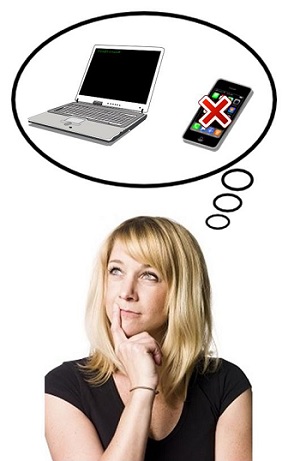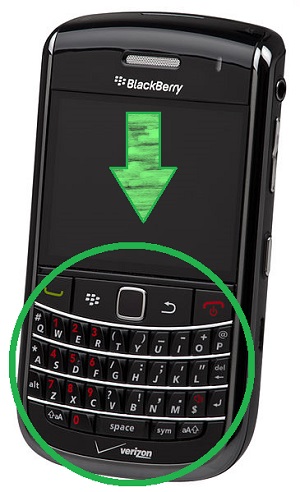Consumers are finding that mcommerce was alright for a date or two but seem less interested in a long term relationship.
According to a recent study, many consumers have now tried mobile commerce and are starting to become disenchanted with its frustrating, slow, clunky, and tiny experience.
Some analysts are now wondering if mcommerce could have been a fad and that larger screens could come back.
Evidence of this was revealed in research conducted by PwC U.S. Retail & Consumer practice. What they found was that when it comes to the way that shoppers now feel about mobile commerce, it seems that they are starting to see the experience as old news and that it was more a matter of hype and novelty than actual practical convenience. Many consumers find that the screens on their smartphones are simply too small to comfortably shop and that the mcommerce website experience provided by retailers is just too clunky.
Instead of mobile commerce, many consumers are now returning to their laptops and desktops.
The report issued based on the study used responses from 15,000 online shoppers worldwide. The conclusions drawn from this data are that retailers will need to step out beyond the attempt to simply make sure that they have an omnichannel presence to ensure that they are actually meeting the growing expectations of their customers. It also pointed out that while shoppers are increasingly open to using their smartphones and tablets to compare and to buy, they are also rapidly becoming disenchanted with the experience once they do give it a try.
Among the American respondents in the study, 37 percent said that the concerns over security are preventing them from using their smartphones for making a purchase. Another 33 percent said that the screen is simply too small, while 32 percent said that they don’t actually own a mobile device.
The advice that was given by the report was that many retailers might actually be better served by giving up on expanding their push for mobile commerce platforms and placing a greater focus on what their shoppers actually want. It isn’t that the report claims that there is no future for mcommerce. In fact, they stated that consumers see multichannel shopping as a given. However, the complexities and cost of this experience are proving to be too great for many retailers and have yet to offer adequate rewards. For the sake of survival and current success, some businesses may be better off placing a far better focus on what they know actually works.


